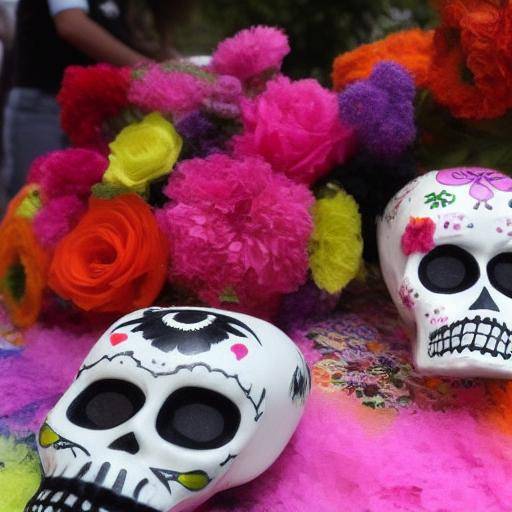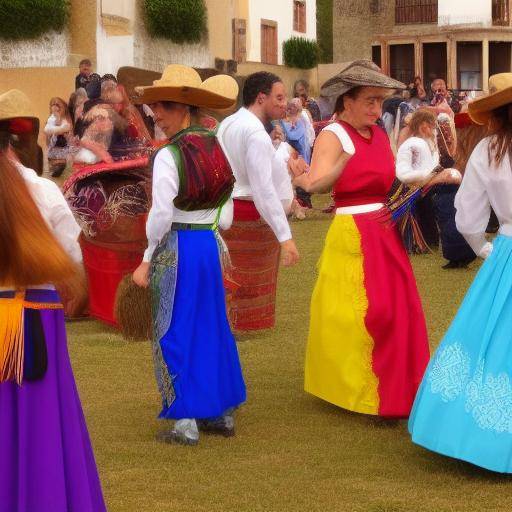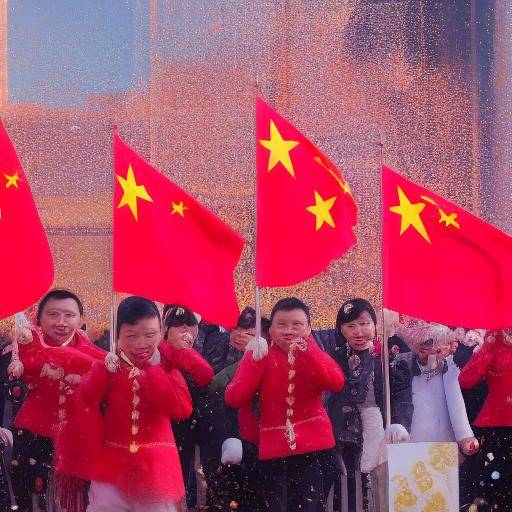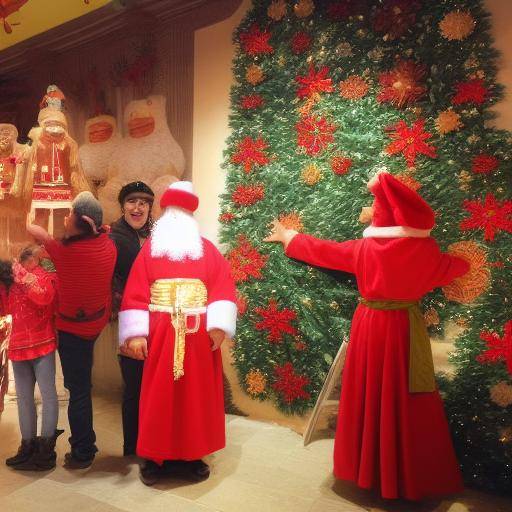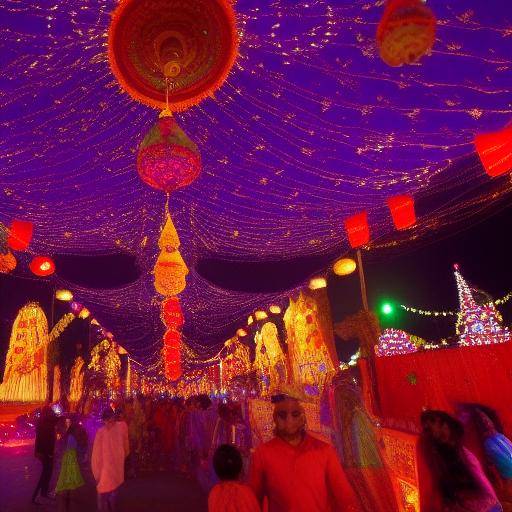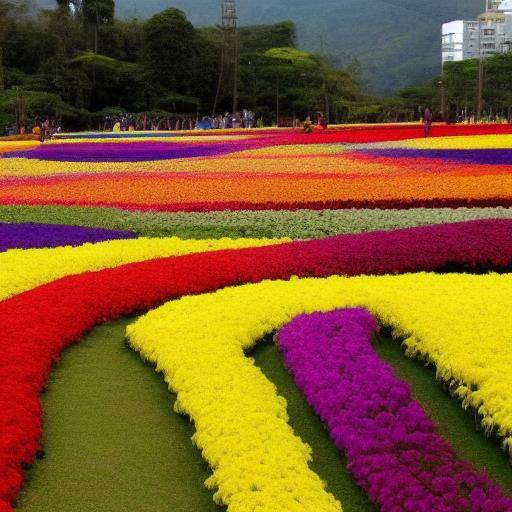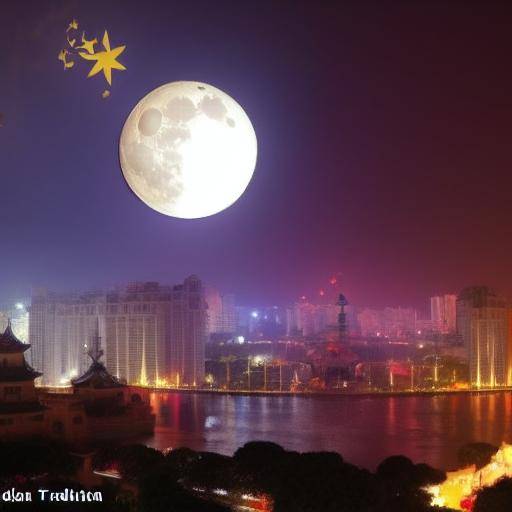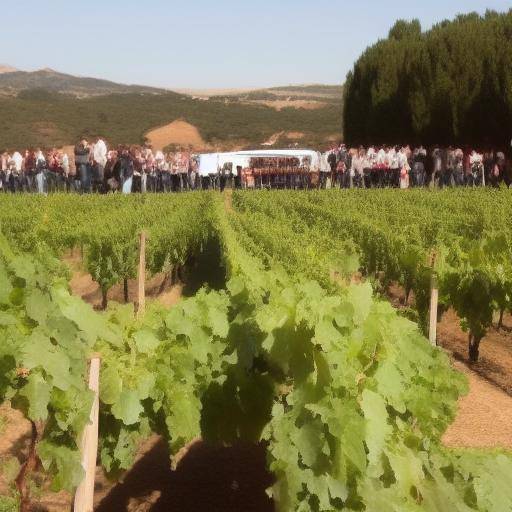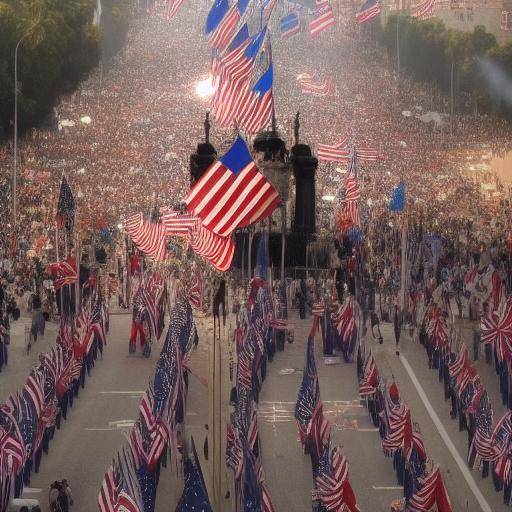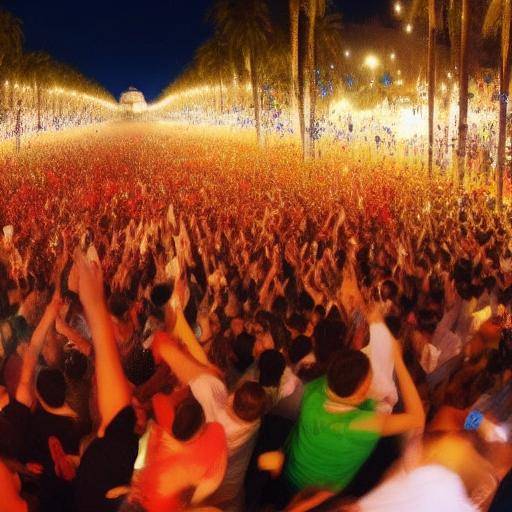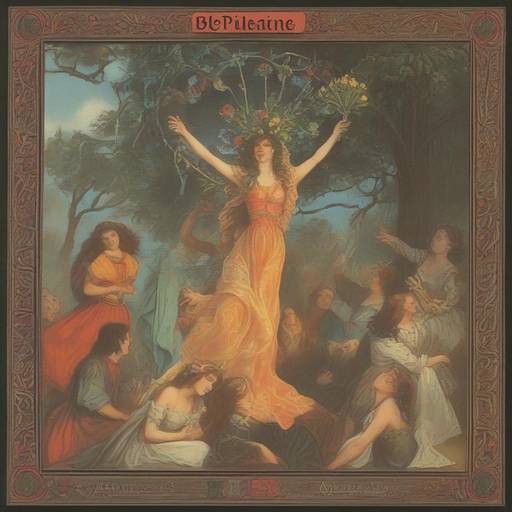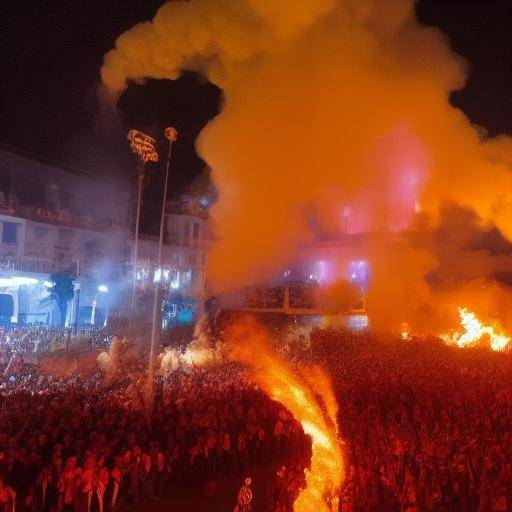
The Fiesta del Fuego in Valencia, known as Las Fallas, is one of the most emblematic and colorful festivals in Spain. Every year, this celebration attracts thousands of visitors who are marveled by the dazzling fireworks show, the impressive stone cardboard structures and the crowded parades. In this article, we will thoroughly explore the history, tradition, and the cultural importance of Las Fallas, as well as its impact on the region of Valencia and the Spanish culture in general.
Introduction to Las Fallas
Las Fallas, whose name comes from the term in Valencia which means "hogueras", is a festival that is celebrated from 15 to 19 March in honor of San José, the pattern of carpenters. This festival is distinguished by its monumental carton stone sculptures, called "fallas", which represent satirical figures and criticisms of famous, political, and everyday life situations.
The highlight of Las Fallas is the "cremà", where all the faults are burned in an impressive display of fireworks and flames, which marks the end of the celebration.
Over the years, Las Fallas has become one of the main tourist attractions in Spain, attracting a wide range of national and international visitors who want to experience this unique cultural celebration.
History and Origins of Las Fallas
The roots of Las Fallas date back to the 18th century, when the carpenters of Valencia began to burn wood and waste artifacts in the streets to mark the beginning of spring. Over time, this modest celebration evolved into the extravagant festival we know today.
During Franco's dictatorship (1939-1975), Las Fallas experienced some restrictions, but persisted and revitalized with the advent of democracy in Spain. Currently, Las Fallas is recognized as an Intangible Cultural Heritage of Humanity by UNESCO, which demonstrates its historical and cultural importance.
The Falls in the News
Over the years, Las Fallas has undergone various transformations to adapt to social and cultural changes. Despite the criticisms of its environmental impact, the waste of resources and the increase of pollution during the "cremà", Las Fallas remains a festive rooted in the Valencian identity.
In addition, Las Fallas is not only a source of entertainment. The festival also plays a crucial role in the local economy, generating employment and significant contributions to tourism and the creative industry.
Las Fallas y las Fiestas del Fuego in Spain
Las Fallas share similarities with other fire parties in Spain, such as the Night of San Juan on the Mediterranean coast and the Patum party in Berga. These celebrations reflect the fascination of the Spanish culture with the spectacle of fire and pyrotechnia as festive elements.
Despite their similarities, each has its own particularities and traditions rooted in local communities, making them unique and distinctive.
Conclusion and FAQs
In short, Las Fallas is much more than a festival of fireworks and carton stone sculptures. Its historical importance, its impact on Spanish culture and its ability to unite the community make it a truly special celebration.
FAQs
What is the origin of Las Fallas?
Las Fallas has its roots in the spring celebrations of the carpenters of Valencia in the eighteenth century, evolving over time to become the festival we know today.
What does the "cremà" represent in Las Fallas?
The "cremà" is the climax of Las Fallas, where all carton stone sculptures, or flaws, are burned in a spectacular hose as a symbol of renewal and union in the community, marking the end of the celebration.
What is the economic impact of Las Fallas in Valencia?
Las Fallas generates a significant economic impact in Valencia, contributing to tourism, employment and creative industry, promoting local trade and gastronomy.
What is the cultural importance of Las Fallas?
Las Fallas is recognized as an Intangible Cultural Heritage of Humanity by UNESCO, highlighting its historical and cultural value for the region of Valencia and Spain in general.
How does the community prepare for Las Fallas celebrations?
The preparation for Las Fallas involves months of work in the creation of sculptures and the organization of parades, contests and events involving the entire community.
What are the current criticisms and challenges of Las Fallas?
Las Fallas faces criticism for its environmental impact, the waste of resources and the pollution generated during the "cremà", challenging the community to find sustainable ways to celebrate the festival.
What does Las Fallas represent for the Valencian identity?
Las Fallas is a central element in the Valencian identity, reflecting the history, creativity and sense of belonging of the community, strengthening social and cultural cohesion.
With this integral perspective, Las Fallas is revealed as a culturally significant event, capable of keeping tradition alive and attracting global attention. Its mix of dazzling visual shows and profound historical sense makes it a unique fire party that deserves to be experienced by all lovers of culture and traditions.

